The United States and Taiwan announced Thursday (18) that they will begin trade talks this fall at a time of growing military, diplomatic, and economic “coercion” by China over Taiwan, in the words of Washington’s top East Asia diplomat.
The Chinese military carried out major air and sea military maneuvers for several days in the Taiwan Strait in response to the recent visit to Taipei of US House of Representatives Speaker Nancy Pelosi, which angered the Beijing government.
Read more on the subject: VIDEO: Speaker of the US House of Representatives arrives in Taiwan
Taiwan lives under the constant threat of a Chinese invasion, which considers the island part of its territory and could even be occupied by force if necessary. In this context, the United States and Taiwan will begin trade negotiations, in a show of support for the democratically governed island in the face of Chinese maneuvers, despite the fact that Washington has no formal relations with Taipei.
The negotiations will include several areas, such as agriculture, digital trade, and reduction or elimination of import tariffs, the Office of the United States Trade Representative said in a statement.
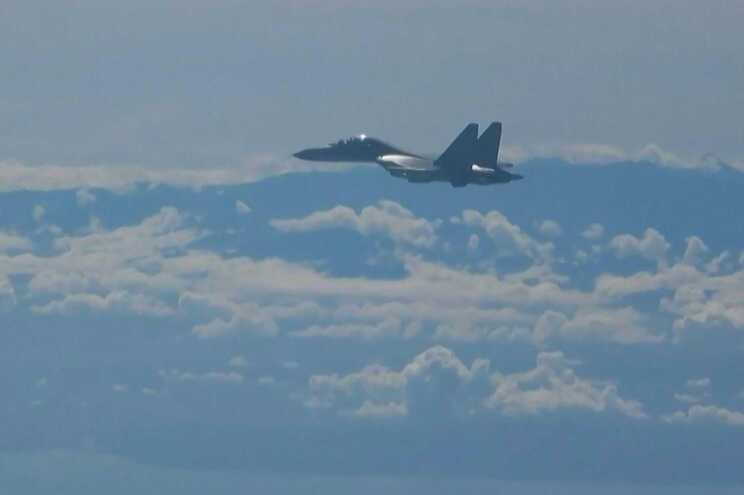
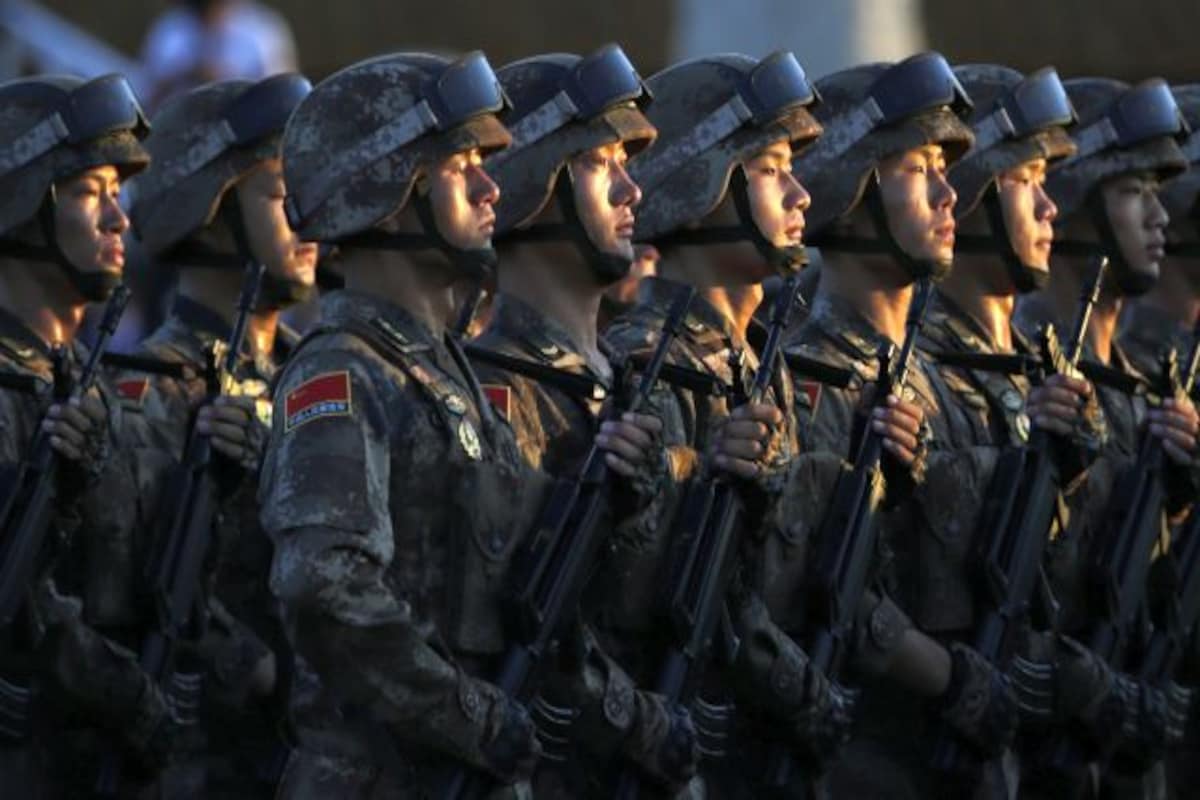
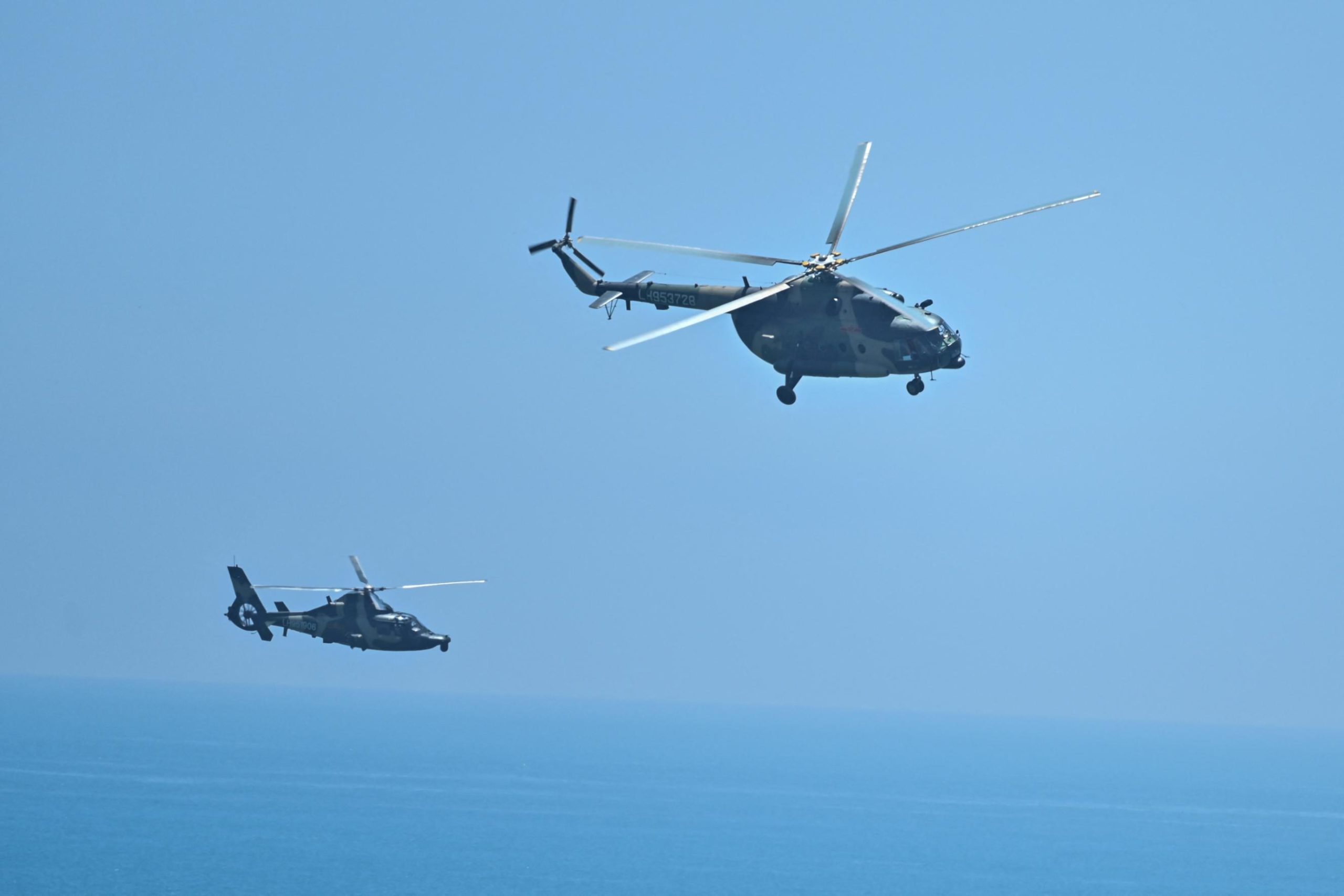
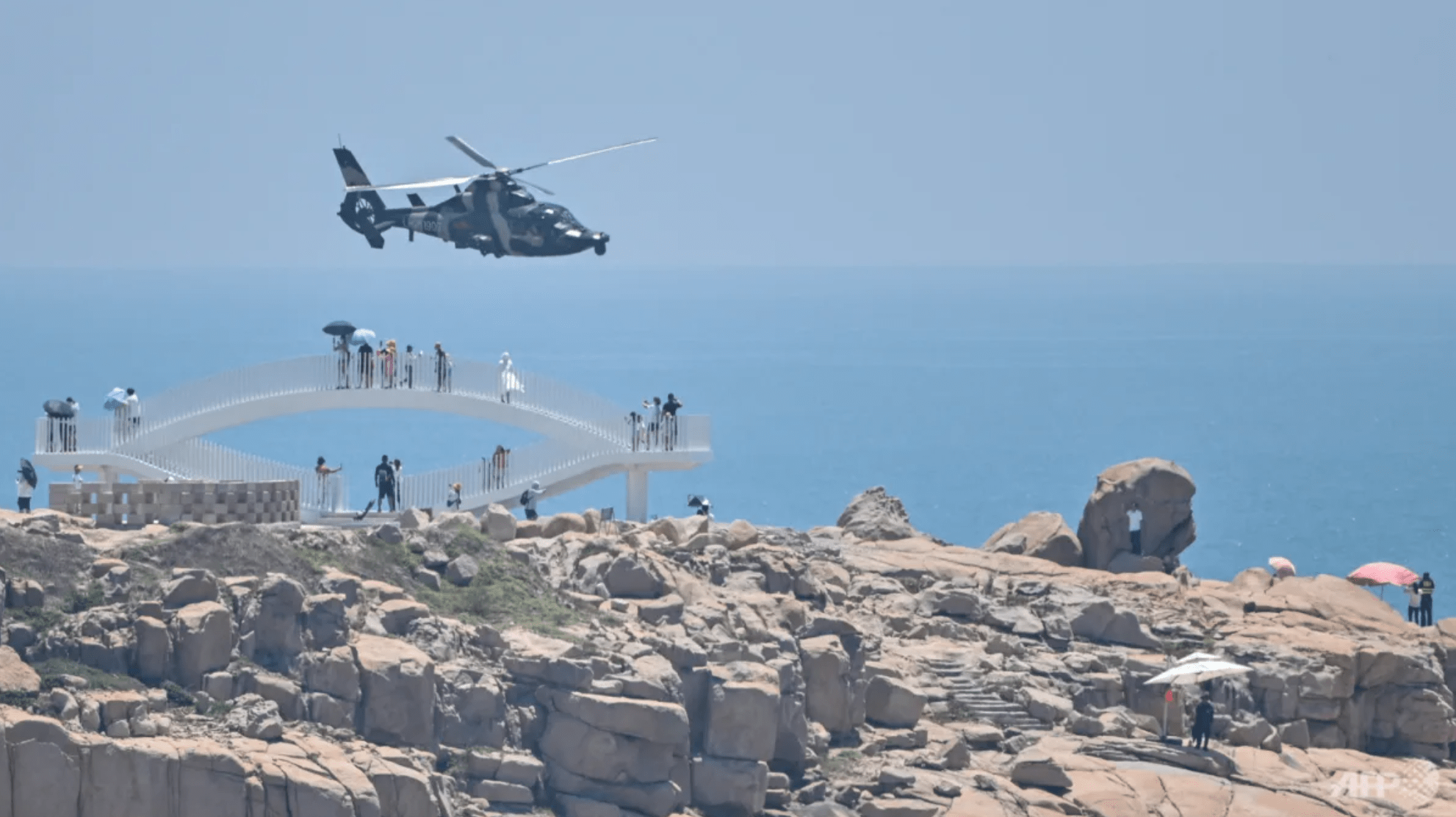
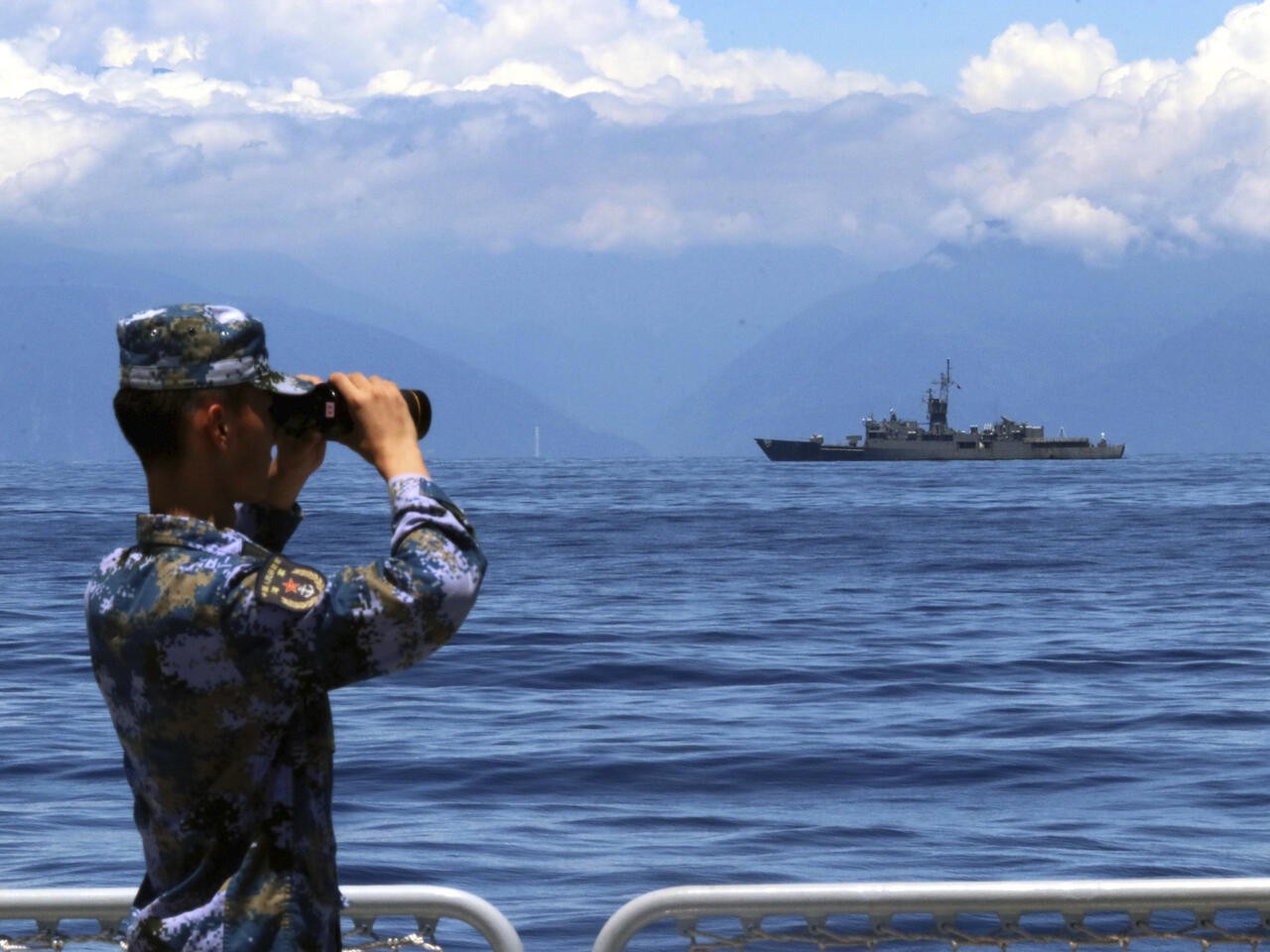
In addition to trade and investment development, the negotiations will address the issue of responses to “counter-market policies and methods,” announced the office of U.S. Trade Representative Katherine Tai, which can be interpreted as a reference to China.
The formal start of the negotiations is a demonstration of the United States’ willingness to establish rapprochement with Taiwan, an important trading partner.
Read also: Taiwan denounces incursions by Chinese planes and ships
“We welcome this opportunity to deepen economic collaboration between the two freedom-loving countries,” Taiwan’s foreign ministry said on Twitter.
Taiwan, crucial for semiconductors
Taiwan is a global producer and supplier of the most advanced semiconductors, used in various fields, from smartphones to computers to cars or missiles. But Taiwan’s most important trading partner by far remains China, which has expressed “vehement opposition” to trade talks between the island and Washington.
“China has always been opposed to any negotiations between any country and the Chinese region of Taiwan” said foreign ministry spokeswoman Shu Jueting.
Also read: Taiwan begins live-fire military exercises
A total of 42% of Taiwanese exports go to China and Hong Kong, while only 15% go to the United States, according to the 2021 data. Washington recognizes China diplomatically, but maintains de facto relations with Taiwan and defends the island’s right to decide its future.
“Coercion and intimidation”
The US government accuses China of using Pelosi’s visit as an excuse to intimidate and exert coercion on Taiwan with its military maneuvers.
“Our policy has not changed, what has changed is Beijing’s increasing coercion,” said Daniel Kritenbrink, Washington’s East Asia envoy. “These actions are part of an intensified pressure campaign … to intimidate and pressure Taiwan and undermine its resistance,” Kritenbrink added.
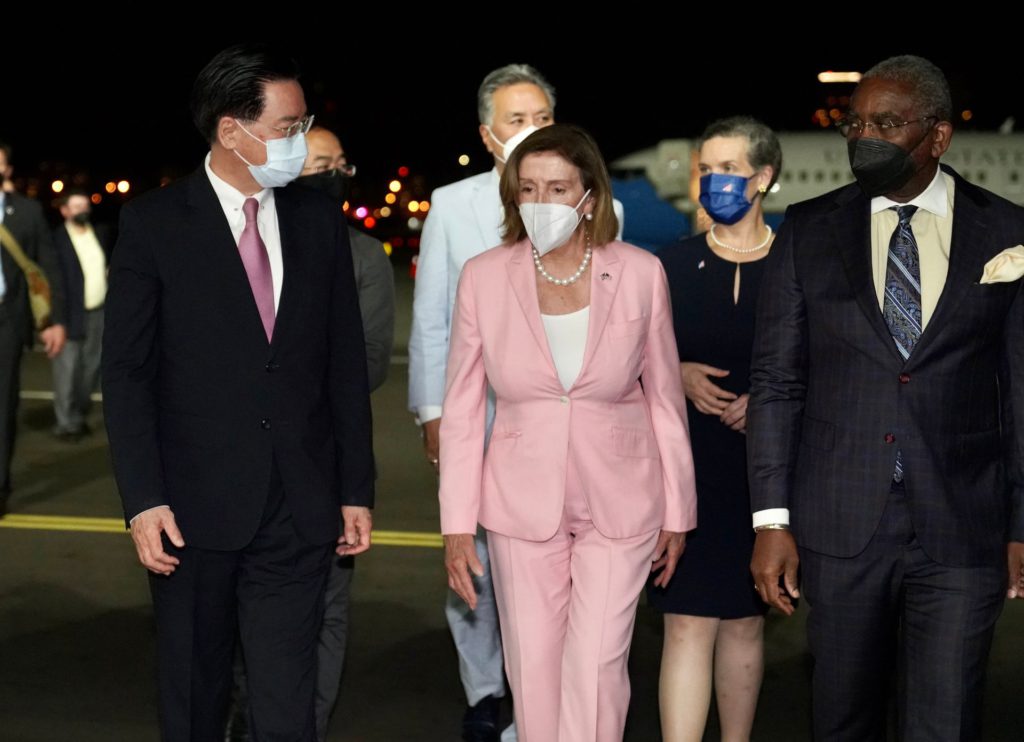
The diplomat said he believes the pressure on the Taiwanese government will continue in the coming “weeks and months.” “The words and actions (of China) are deeply destabilizing. They risk causing a miscalculation and threaten stability in the Taiwan Strait,” Kritenbrink said.
Also read: China warns it will not tolerate Taiwanese ‘separatists
He also said that Washington will respond with “quiet but decisive steps” to keep the Taiwan Strait open and peaceful. On Wednesday in Singapore, US Seventh Fleet Vice Admiral Karl Thomas said that Chinese maneuvers around Taiwan should receive a response.
Taiwan on Wednesday unveiled its most modern fighter aircraft in a rare overnight display.



